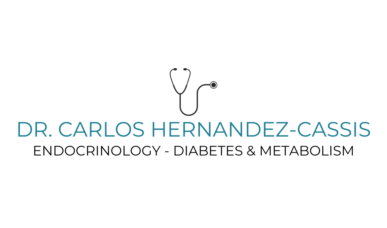WE SPEAK ENGLISH, ESPAÑOL E PORTUGÊS.

ENDOCRINOLOGiST - SYSTEMS AND DISEASES
An endocrinologist diagnoses and treats hormonal imbalances and problems by helping to restore the normal balance of hormones in the body.
Endocrinologists are specially trained doctors who diagnose diseases related to the glands. An expert is treating often complex conditions that involve several different systems within the human body. If a doctor suspects a problem with a patient’s endocrine system, he or she will refer the patient to an endocrinologist.
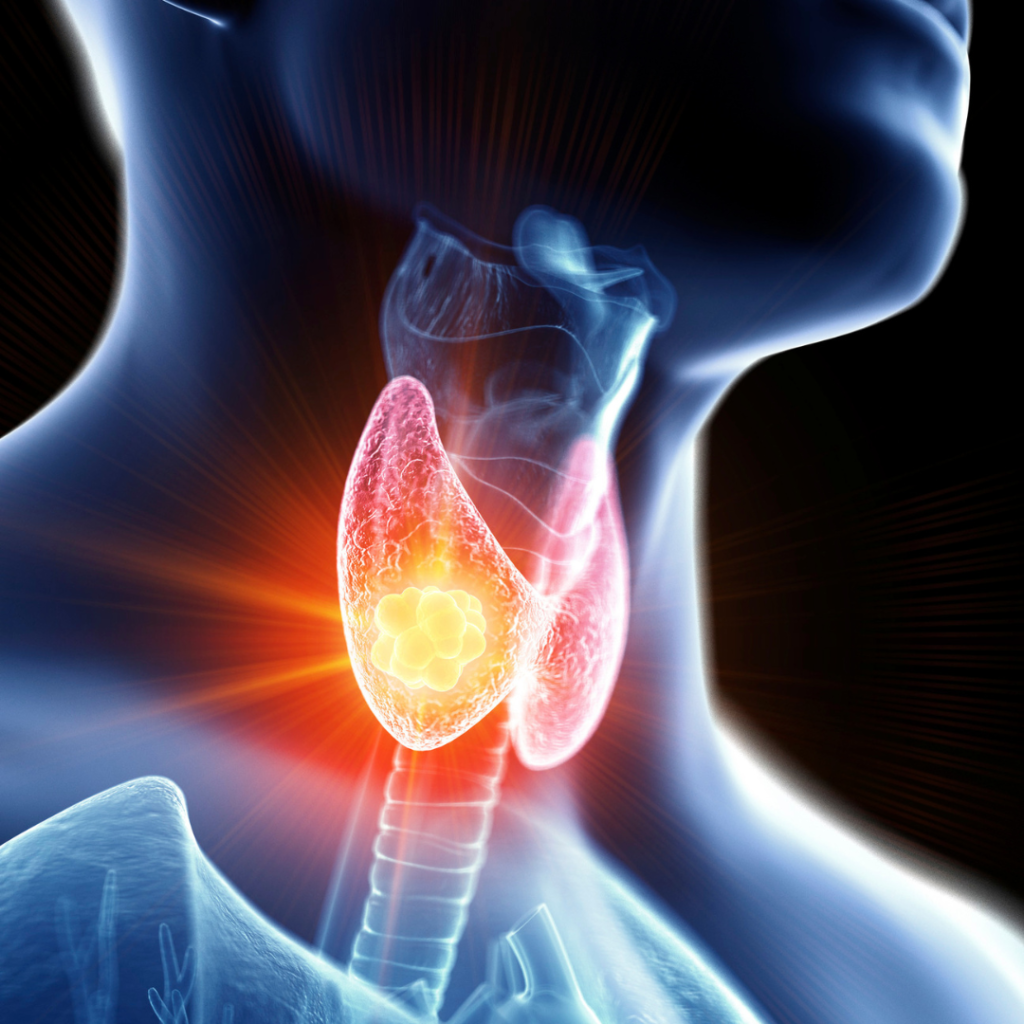
THYROID DISEASES
The thyroid creates and produces hormones that play a role in many different systems throughout your body. When your thyroid makes either too much or too little of these important hormones, it’s called a thyroid disease.
There are several different types of thyroid disease, including Goiter, Graves, Disease, hyperthyroidism, hypothyroidism, Thyroid Nodule, Thyroiditis and Hashimoto’s thyroiditis.
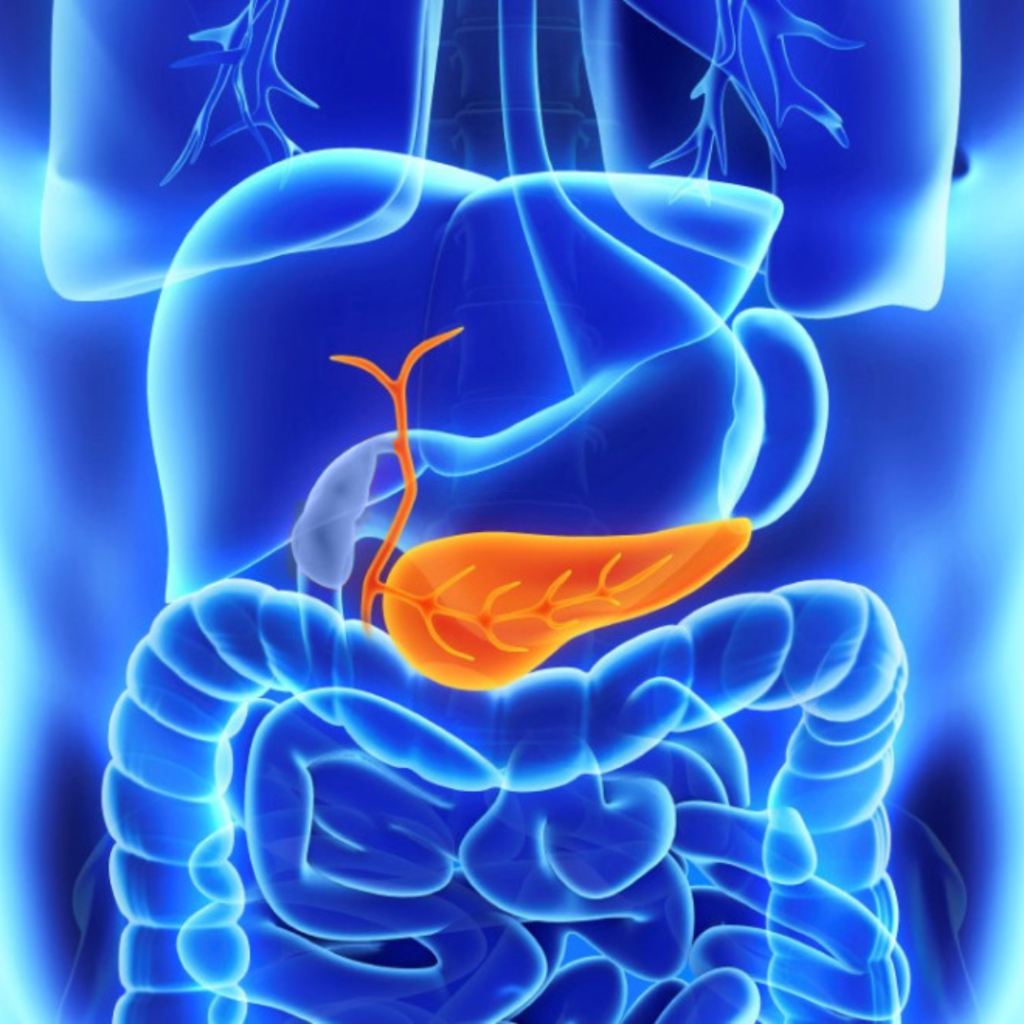
OVERWEIGHT AND DIABETES
Obesity is associated with a spectrum of liver abnormalities, known as nonalcoholic fatty liver disease, characterized by an increase in intrahepatic triglyceride, with or without inflammation and fibrosis.
Having obesity makes you more likely to develop diabetes, the condition of having too much glucose (sugar) circulating in your bloodstream. Obesity also causes diabetes to worsen faster.
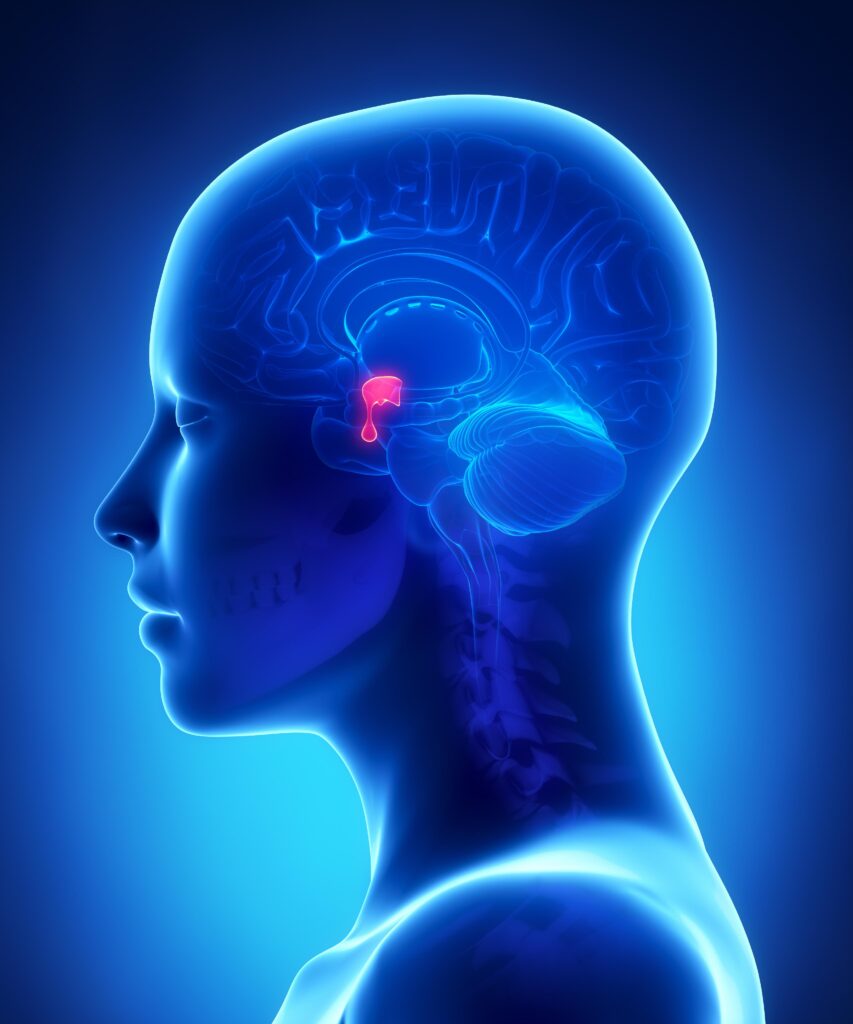
PITUITARY / HYPOPHYSIS
Pituitary disorders can cause a range of symptoms. This gland may raise or lower one or more hormones.
A hormone imbalance can cause physical or mood changes. At the same time, pituitary disorders often develop slowly. It may take a long time until you notice symptoms, wich are similar to those of other diseases. Many people are misdiagnosed or go undiagnosed.
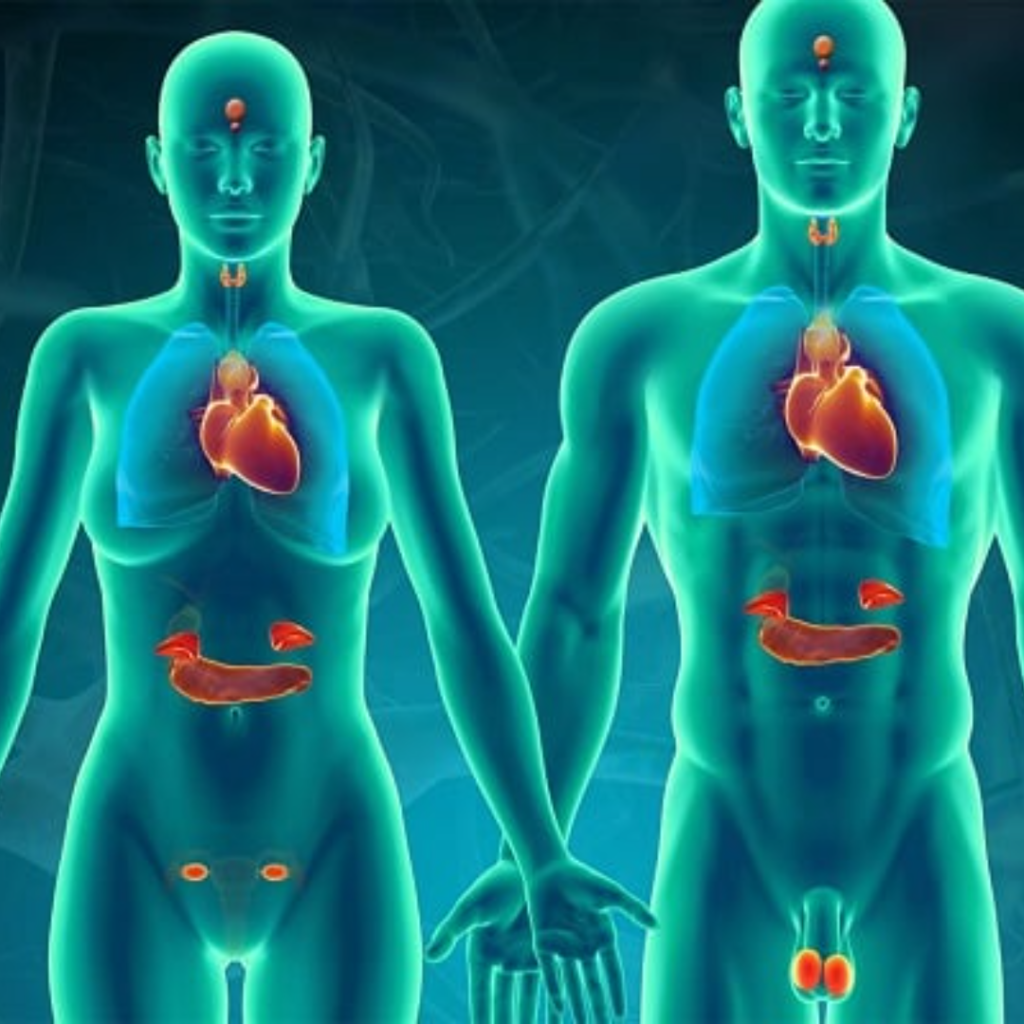
HORMONES
The endocrine system secretes chemicals into blood called hormones. Any imbalance in the hormone secretion leads to several diseases and disorders. Hence, hormones are secreted as per the requirement of our body.
Hormones control many different bodily processes, including: Metabolism, Reproduction, Growth and development, Homeostasis, Sexual function, Sleep-wake cycle and Mood.
METABOLISM
Metabolism is the process by which your body converts what you eat and drink into energy. Your body needs energy for functions such as breathing, circulating blood, and repairing cells, even when you are at rest. The number of calories your body uses for these basic functions is known as your basal metabolic rate.
DIABETES-ENDOCRINE SYSTEM (VIDEO)
Dr. Carlos Hernandez-Cassis
Dr. Carlos Hernandez-Cassis is a physician Board Certified in Internal Medicine and in Endocrinology, Diabetes & Metabolism. He trained originally in his native country, Colombia, SA, and later in the USA.


«Wherever the art of Medicine is loved, there is also a love of Humanity»
Hippocrates
